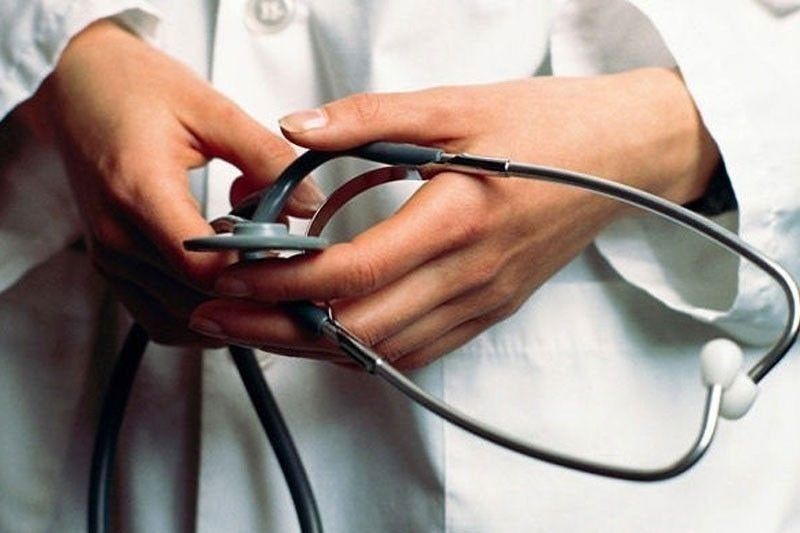Marcos signs laws opening new medical colleges in five provinces

MANILA, Philippines — President Ferdinand Marcos Jr. has signed into law bills establishing five new college of medicine programs in different state universities across the country, some of which are set to be the first public medical schools in their respective regions.
According to a statement by the Presidential Communications Office (PCO) on Wednesday, Marcos greenlighted five legislative measures that formally create new medicine schools under five public universities in Benguet, Quezon, Northern Samar, Leyte and Albay. One college of medicine program focuses specifically on veterinary medicine.
Republic Act 11970 creates the Benguet State University - College of Medicine in La Trinidad, Benguet. Based on the latest records of the Commission on Higher Education, this is set to be the first state-run college of medicine in the Cordillera Administrative Region and the second school to offer a Doctor of Medicine program overall, with the first offered by private university St. Louis University.
Marcos also signed into law Republic Act 11971, which creates a college of medicine under the Southern Luzon State University in the province of Quezon. This is also set to create the first medicine school in Quezon.
The president also approved Republic Act 11972, which establishes the University of Eastern Philippines-College of Medicine in Catarman, Northern Samar, and Republic Act 11974, the Visayas State University-College of Medicine in Baybay, Leyte. Both are set to be the first to offer a Doctor of Medicine program in their respective provinces.
Marcos has also signed into law Republic Act 11973, which creates a College of Veterinary Medicine under the Bicol University in Ligao City, Albay. Currently, only one other public university in the Bicol region offers a veterinary medicine course, which is the Central Bicol State University in Camarines Sur.
These newly signed laws allow the SUCs to proceed with offering a Doctor of Medicine Program, including an Integrated Liberal Arts and Medicine Program to “develop a corps of professional physicians and help strengthen the country’s healthcare system,” the PCO said.
These measures are also designed to “respond to the human resource development needs of their respective provinces,” the PCO added.
Under the newly created laws, the HEIs can now proceed with offering a Doctor of Medicine Program, including an Integrated Liberal Arts and Medicine Program to develop a corps of professional physicians and help strengthen the country’s healthcare system.
A 2019 study by the University of the Philippines Center for Integrative Studies on the shortage of doctors in the Philippines found that in a span of five years, medical schools across the country only graduated an average of 3,000 students annually.
There also appears to be a "heavy reliance" on Metro Manila-based medical schools, with nearly half or 44% of all graduates coming from the National Capital Region, the study noted.
The study said that one factor behind the inadequate number of doctors in the country is the expensive cost of medical education, which range from a low P44,000 per year in the most around P300,000 in a private one.
- Latest
- Trending































